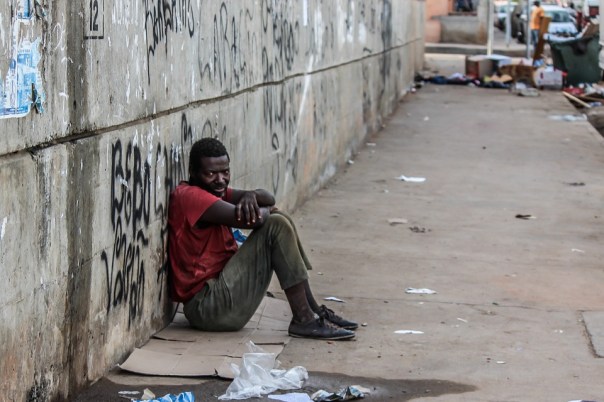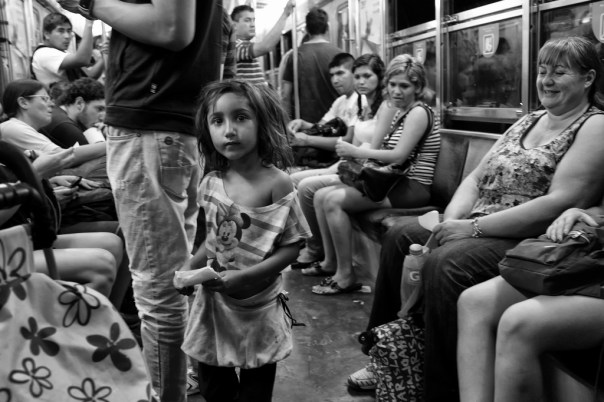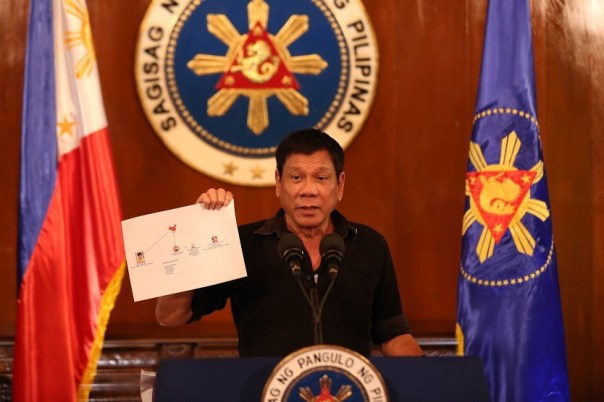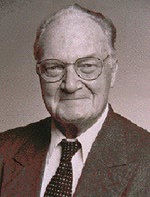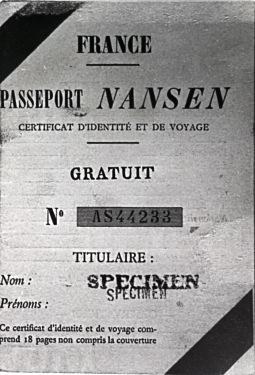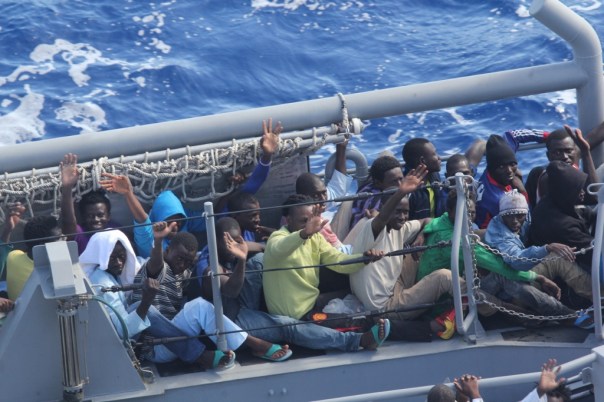BATTLE FOR MOSUL: CAN THERE BE RESPECT FOR THE LAWS OF WAR?
By René Wadlow
On Monday, October 17, 2016, the battle of Mosul began as the troops of the Iraqi army started moving toward the northern Iraq city of Mosul. The Iraqi Prime Minister, Haider al-Abadi, announced the effort to take Mosul, a city of over one million people which has been held by the forces of the Islamic State (ISIS or Daesh in its Arabic initials) since July 2014. The Iraqi troops are assisted by Turkish troops and tanks, by United States (U. S.) Special Forces who have also been training the Iraqi troops, and by the Kurdish peshmerga militias who have attacked surrounding villages but who, for political reasons, are not likely to enter Mosul.
There are estimates that there are some 4,500 ISIS troops facing some 50,000 on the Iraqi government side. ISIS has been aware that an attack on Mosul was in preparation for a long time and has responded by mining buildings and roads as well as building tunnels. It is likely that some ISIS fighters have slipped away, but it is also likely that the remaining majority of ISIS will fight to the bitter end, preferring death to surrender. In a situation that is confused by the number and nationalities of the groups in combat as well as the very ethnically and religiously mixed population of Mosul, what possibilities exist for respect of the laws of war?
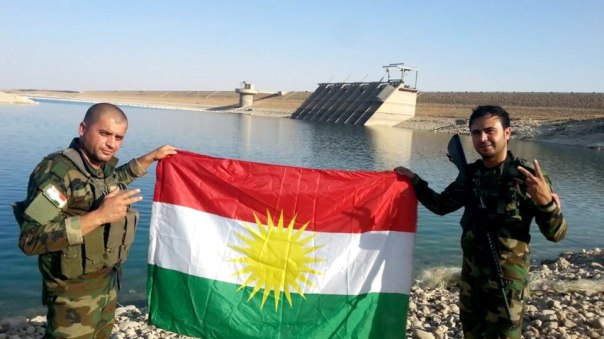
Two Kurdish peshmerga fighters at Mosul Dam in 2014.
The laws of war, now often called humanitarian law, have two wings, one dealing with the treatment of medical personnel in armed conflict situations, the treatment of the military wounded and prisoners of war as well as the protection of civilians. This wing is represented by the Geneva (Red Cross) Conventions. The second wing, often called the Hague Conventions limit or ban outright the use of certain categories of weapons. These efforts began at The Hague with the 1900 peace conferences and have continued since even if the more recent limitations on land mines, cluster weapons and chemical weapons have been negotiated elsewhere than in The Hague.
For the Hague Conventions such as the ban on land mines, the ban is binding only on States which have ratified the convention. Although the Islamic State had some of the markings of a proto-State, it was not recognized as a State by any other State. Basically ISIS can be considered as an armed militia.
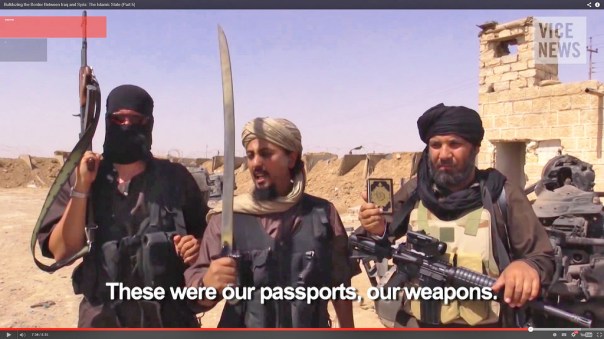
ISIS, or Daesh, the self-styled “Islamic State”, only believes in violence. It has always displayed an unmitigated hatred of everything that international law and human rights stand for. It is neither “Islamic” nor a “State” and never will be.
The status of the Geneva Conventions for non-State militias can be debated. When I was involved at the United Nations (UN) with the national minorities of Burma in the 1990s, I encouraged the Burmese militias to study, discuss and then sign the Geneva Conventions, of which the Swiss government is the depositary power. When the Burmese government learned of our efforts, they quickly signed the Geneva Conventions. Once the national minorities had signed, and I sent the document to the Swiss government and to the International Committee of the Red Cross, both the Burmese military and the national minorities released a number of prisoners of war as a mark of good faith which had never been done before. The status of world law for non-State entities and individuals is a crucial question, and there are discussions at the International Criminal Court on this issue.
The current situation concerning refugees and internally-displaced persons can also be considered as part of humanitarian law. The status of refugees is more widely respected than that of the internally-displaced.
ISIS has shown no interest or respect for humanitarian law nor for universally-recognized human rights. ISIS has carried out many summary executions of perceived opponents. There is a real danger that as ISIS disintegrates and no longer controls as much territory, it will increase terrorist actions having “nothing left to lose”.
The violations of the laws of war are not limited to ISIS. On May 3, 2016, the UN Security Council unanimously adopted Resolution 2286 calling for greater protection for health care institutions and personnel in light of recent attacks against hospitals and clinics in Syria, Iraq, Yemen, South Sudan, Democratic Republic of Congo and Afghanistan. These attacks indicate a dangerous trend of non-compliance with the laws of war by both State and non-State agents.
To prevent and alleviate human suffering, to protect life and health, and to ensure respect for the human person – these are the core values of humanitarian law. These values may get lost in the “fog of war” of the battle for Mosul. Therefore, there needs to be a wide public outcry in the defense of humanitarian law so that violations can be reduced. As the tanks move ahead, the time for the defense of humanitarian values is now.
Prof. René Wadlow is President of the Association of World Citizens.
